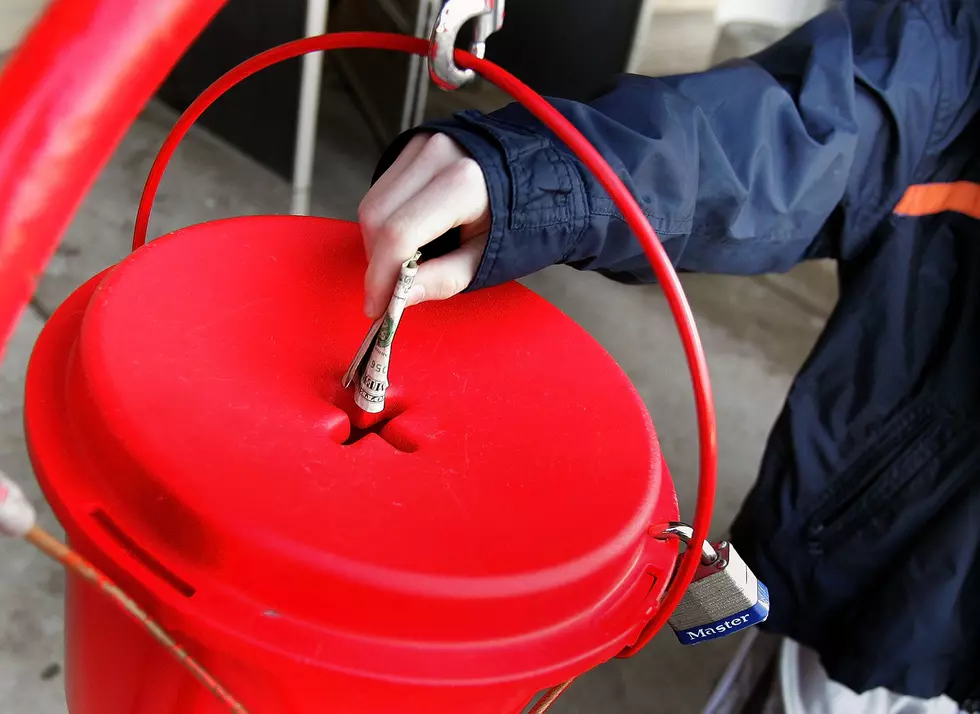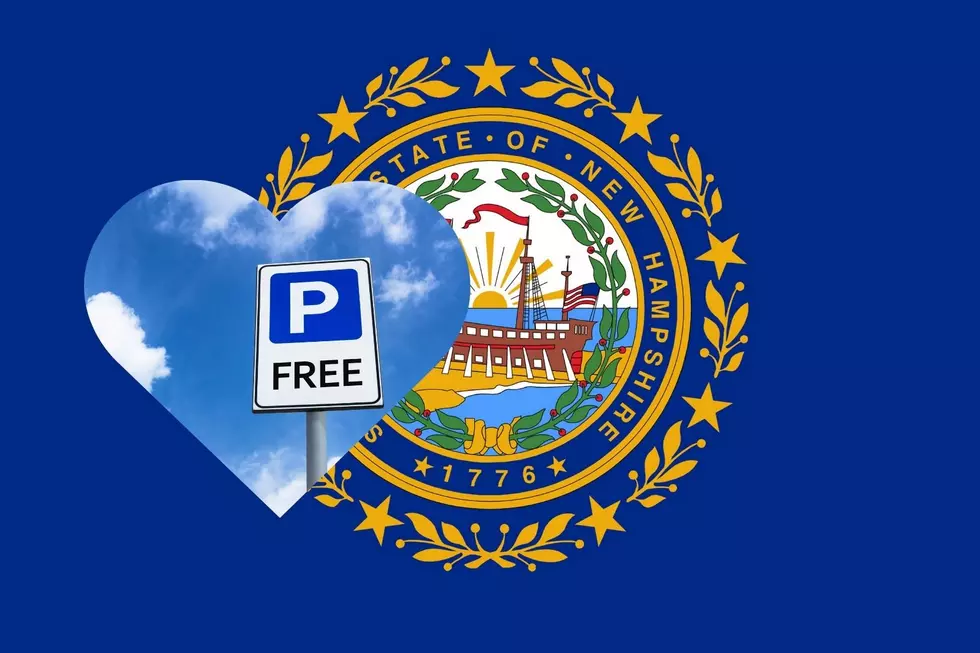
How to Avoid Charity Scams
The holidays are known as the "Season of Giving," but there are things you should know before donating your hard-earned money to a charity.
The holiday season serves as a reminder to be a little more charitable, but there are many people out there looking to take advantage of that kindness.
There are thousands of worthwhile charities out there and we want to make sure your money goes to them (not scammers.) Many of these so-called charities disguise themselves as organizations that help veterans, firefighters or even sick children.
Some will even try and trick you into thinking they represent a legitimate charity organization. One thing you can do to protect yourself is regularly check resources like America's Worst Charities and Fraud.org to stay updated on the latest scams.
There are many questions and precautions you should have ready if approached by a charity for a donation. The Charitable Trust Division of the New Hampshire Attorney General’s Office has some tips to making a wise donation:
1. Always ask the solicitor for some identification before giving out any information
By law, paid solicitors must identify the charity for which they solicit and their status as a paid solicitor. Do not be afraid to ask and if they refuse, don’t hesitate to hang up and contact your local law enforcement agency.
2. Ask for printed materials from the charity
Any legitimate charity can provide printed materials for you to study and understand the charity’s purpose. Ask for materials that clearly state (1) the name, address and telephone number of the charity (2) a description of how and where charitable funds will be used, and (3) the name, address and telephone number of the paid solicitor.
3. Always ask how much of the contributions actually go to the charity
According to New Hampshire law, solicitors and the charities for which they solicit are required to file an accounting of the fundraising campaign which must include a copy of the terms of the fundraising agreement. This filing should indicate how much of the proceeds actually go to the charity and should be available for the solicitor to disclose to all potential donors.
4. Beware of high pressure sales tactics and abusive behavior by solicitors
No legitimate charitable fund-raiser will refuse to take the time to explain the purpose of fundraising and the objectives of the charity in a courteous manner. If you encounter abusive solicitation, please contact your local law enforcement agency.
5. Keep records of all donations, including receipts and canceled checks
This information is especially important for tax deduction purposes and in case you have a complaint in the future.
6. Beware of solicitors "soliciting" for organizations that have deceptively similar names to legitimate charities
Many for-profit organizations style their names after charitable organizations. Don’t be deceived by these copy-cat businesses whose titles may differ by as little as terms like “association,” “federation,” “national,” “American,” “incorporated,” and “foundation.” As mentioned earlier, ask for more information and contact your local law enforcement agency if you are unsure of the legitimacy of any campaigns.
7. Never pay by cash and never give your credit card number over the phone
When making any donations, simply make a check out to the charity itself, not to the paid solicitor, and use the charity’s full name. That way you have a record of the contribution and the money goes directly to the charity.
8. Call the beneficiaries of the charitable fundraising campaign and ask if they are aware of the solicitation
If the charities are unaware of the solicitation campaign, please contact your local law enforcement agency immediately.
9. Don't be deceived by solicitation gimmicks
Use caution when purchasing products or tickets or when receiving free merchandise. These methods may be legitimate but they add costs to the fundraising campaigns which are deducted from your donations. Also use caution when dealing with sweepstakes which may request more money than the prize is worth or may never even provide a prize at all.
10. Verify all information with your local police department or law enforcement agency
All charities and paid solicitors are required to register with the New Hampshire Attorney General’s Office prior to solicitation .If you have any questions or problems, contact the office right away.
More From WSHK-WSAK 102.1 & 105.3 The Shark









